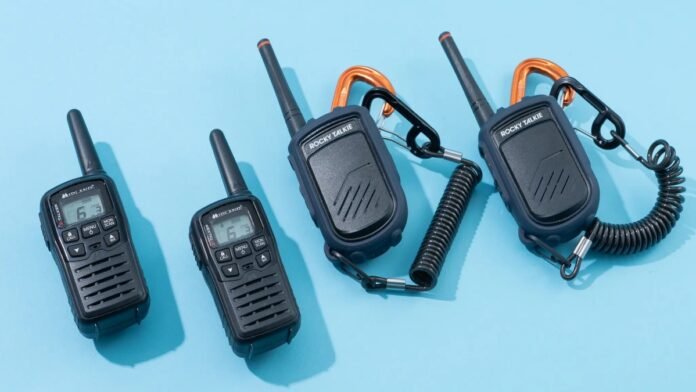
Key Points
- The Central Consumer Protection Authority (CCPA) has issued notices to 13 major e-commerce platforms, including Amazon, Flipkart, Meesho, and OLX, for selling walkie-talkies without proper regulatory disclosures amid heightened India-Pakistan tensions.
- Non-compliant walkie-talkie sales violate the Consumer Protection Act, Indian Telegraph Act, and Wireless Telegraphy Act, and may pose national security risks.
- The CCPA is drafting strict new guidelines to mandate seller verification, frequency disclosure, and Equipment Type Approval (ETA) certification for all wireless devices sold online.
- E-commerce platforms must now provide detailed seller and product information, and implement automated monitoring and takedown of illegal listings.
- Walkie-talkies, originally developed for military use, require specific licensing and frequency approvals for legal operation in India.
New Delhi: Amid escalating India-Pakistan tensions, the Central Consumer Protection Authority (CCPA) has initiated sweeping enforcement action against the unauthorized sale of walkie-talkie devices on leading e-commerce platforms. The move comes as authorities warn that unregulated wireless devices could threaten national security and disrupt sensitive military operations.
Widespread Non-Compliance on E-Commerce Platforms
The CCPA has served formal notices to 13 prominent online marketplaces-including Amazon, Flipkart, Meesho, OLX, TradeIndia, Facebook, Indiamart, and Jiomart-after uncovering hundreds of listings for walkie-talkies that lacked mandatory regulatory information. A preliminary investigation revealed at least 467 such listings on Amazon, 314 on Flipkart, 489 on Meesho, and 423 on TradeIndia alone.
These listings often failed to specify essential details such as:
- The frequency range used by the device
- Whether a wireless operating license is required
- Valid Equipment Type Approval (ETA) certification from the Wireless Planning and Coordination (WPC) Wing
- Compliance with the Indian Telegraph Act (1885) and Wireless Telegraphy Act (1933)
Such omissions mislead consumers, who may inadvertently purchase and use devices that are illegal or require government authorization, raising the risk of interference with critical communications.
Legal and National Security Implications
Union Food and Consumer Affairs Minister Pralhad Joshi emphasized that selling non-compliant wireless devices not only breaches statutory obligations but also poses significant risks to national security, especially during periods of heightened military alert. The CCPA’s investigation found that these violations contravene the Consumer Protection Act, 2019, the Indian Telegraph Act, and the Wireless Telegraphy Act.
New Guidelines and Enforcement Measures
To address the widespread non-compliance, the CCPA will soon release draft guidelines under Section 18(2)(l) of the Consumer Protection Act, 2019. These guidelines aim to:
- Mandate due diligence and verification of seller credentials and ETA certification before listing wireless devices
- Require clear and accessible disclosures about licensing and frequency requirements
- Implement automated monitoring and prompt removal of unauthorized listings
- Enforce platform liability and penalties for non-compliance
- Enhance consumer awareness to prevent inadvertent illegal use
A recent stakeholder consultation, chaired by the Department of Consumer Affairs, brought together representatives from major e-commerce companies to reinforce the need for strict adherence to legal standards and immediate action against illicit trade practices.
What is a Walkie-Talkie and Why Regulation Matters
A walkie-talkie, or handheld transceiver, is a portable two-way radio developed during World War II for military communication. While modern walkie-talkies are widely used in industries such as law enforcement, emergency services, and construction, their operation in India is strictly regulated. Devices must operate on approved frequency bands and possess valid ETA certification. Unauthorized use can interfere with licensed communications and compromise public safety.
The CCPA’s crackdown on illegal walkie-talkie sales highlights the urgent need for regulatory oversight in digital markets, especially as national security concerns mount. E-commerce platforms are now under pressure to verify compliance, provide transparent information, and ensure that only legally approved wireless devices reach Indian consumers. The government’s forthcoming guidelines are expected to set a new standard for digital marketplace accountability and consumer protection.





















































